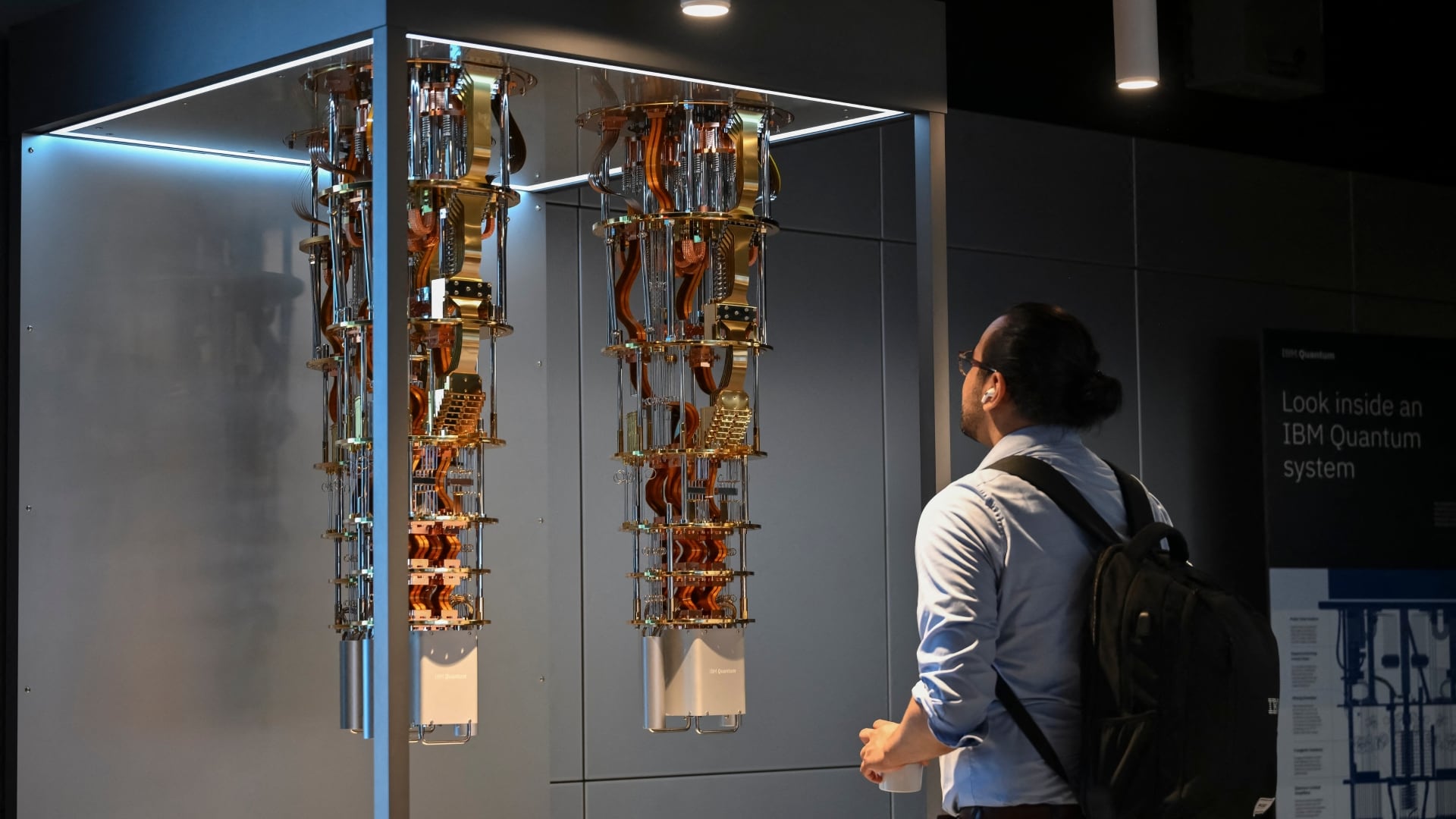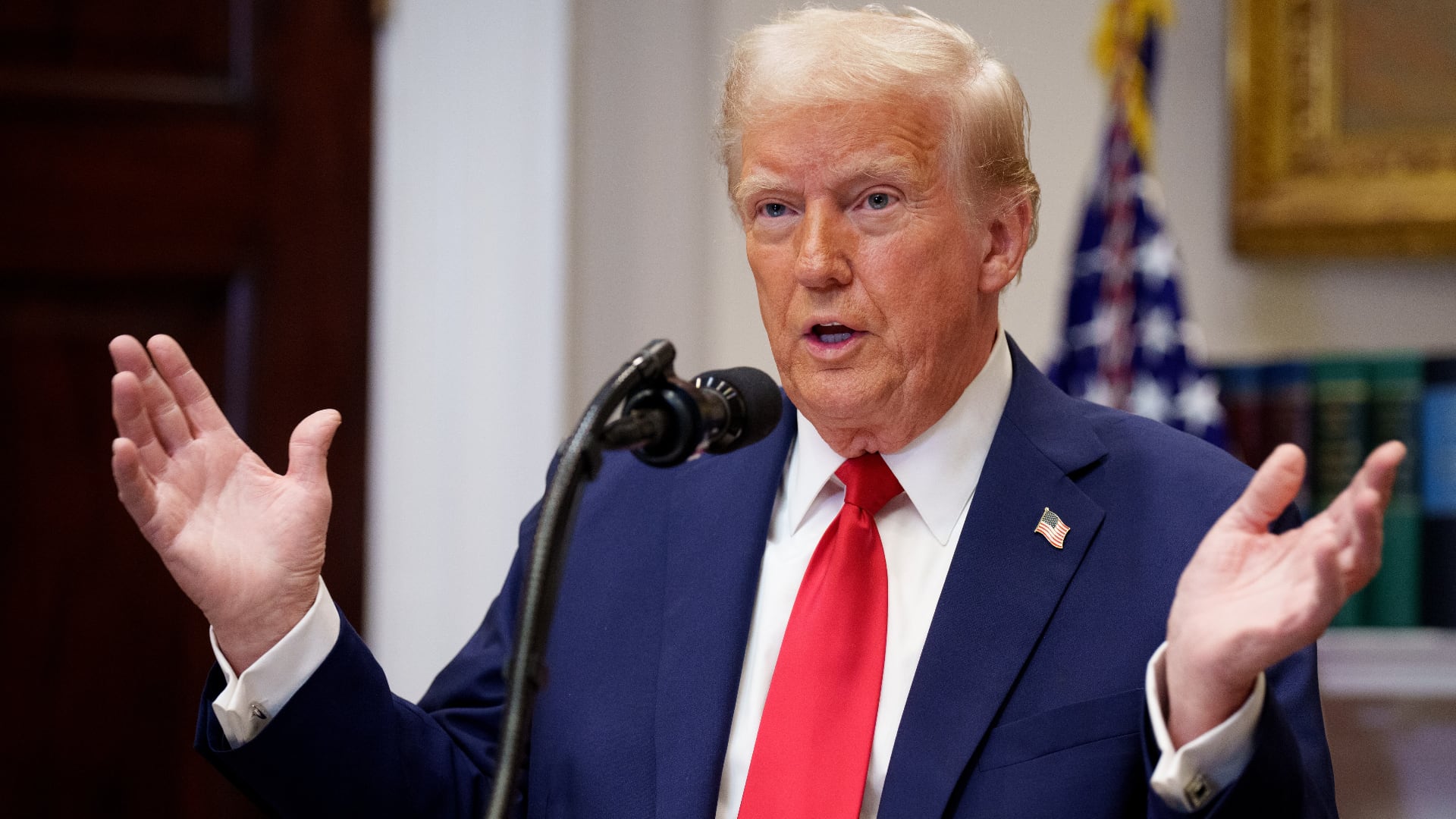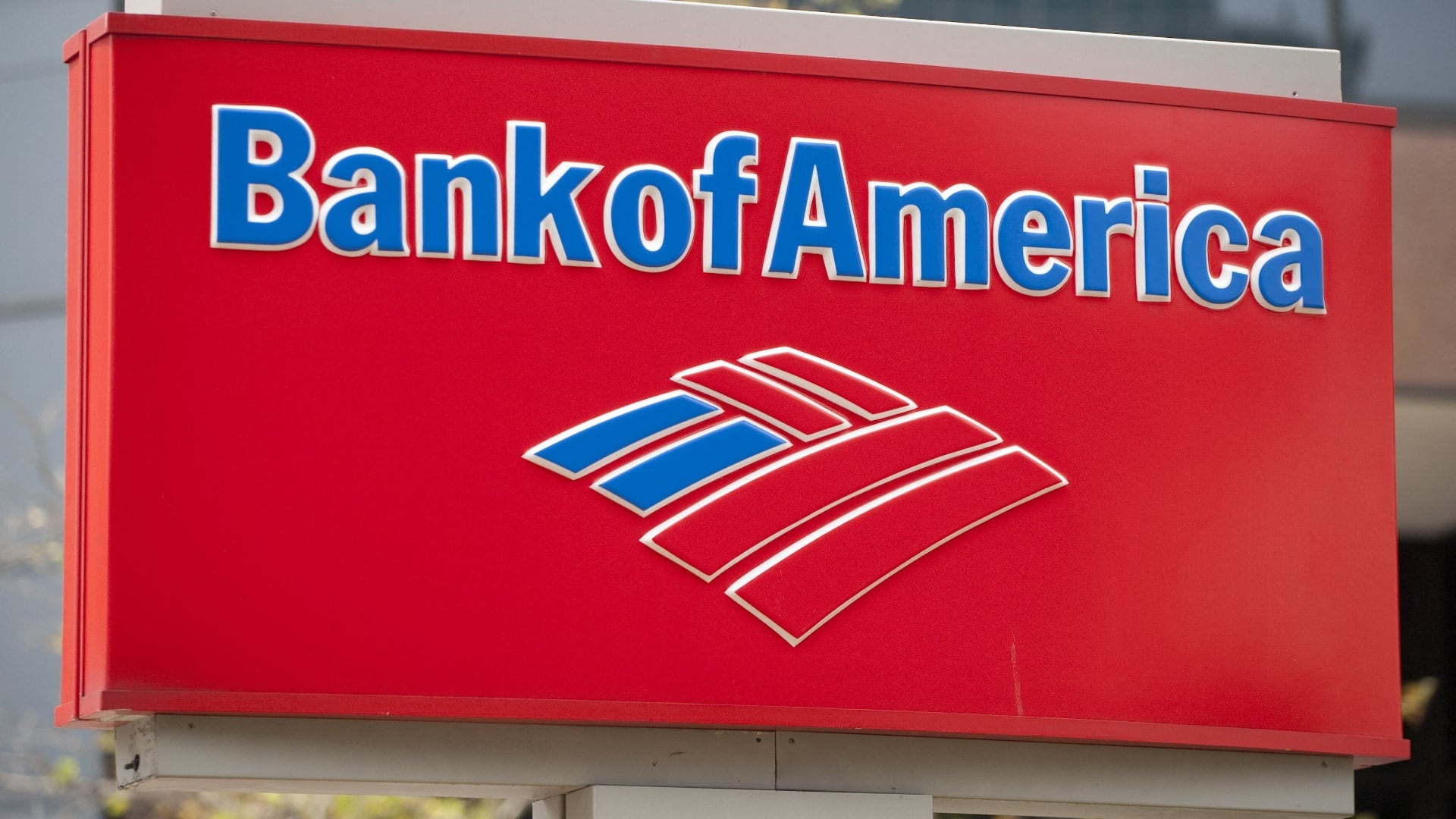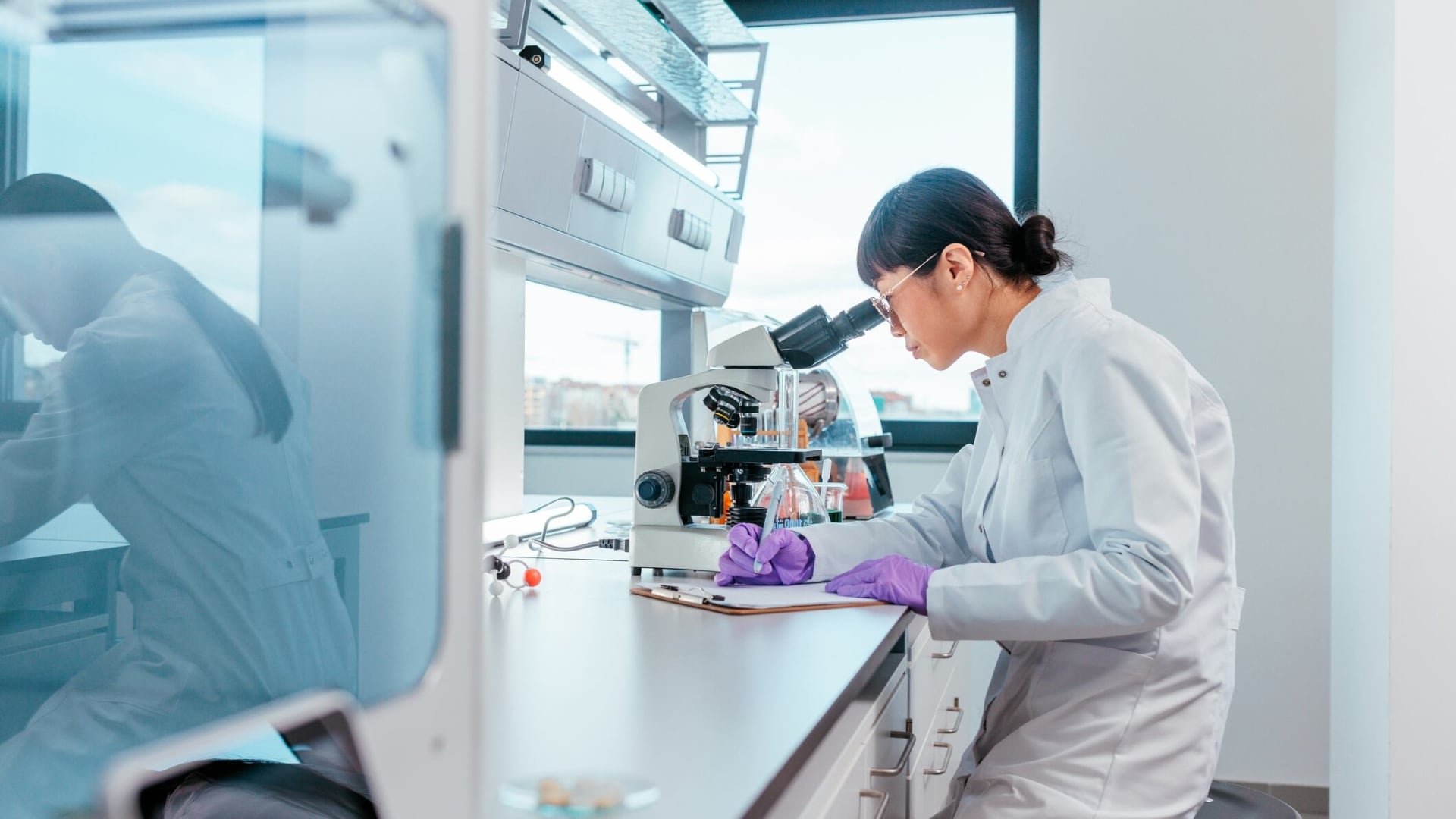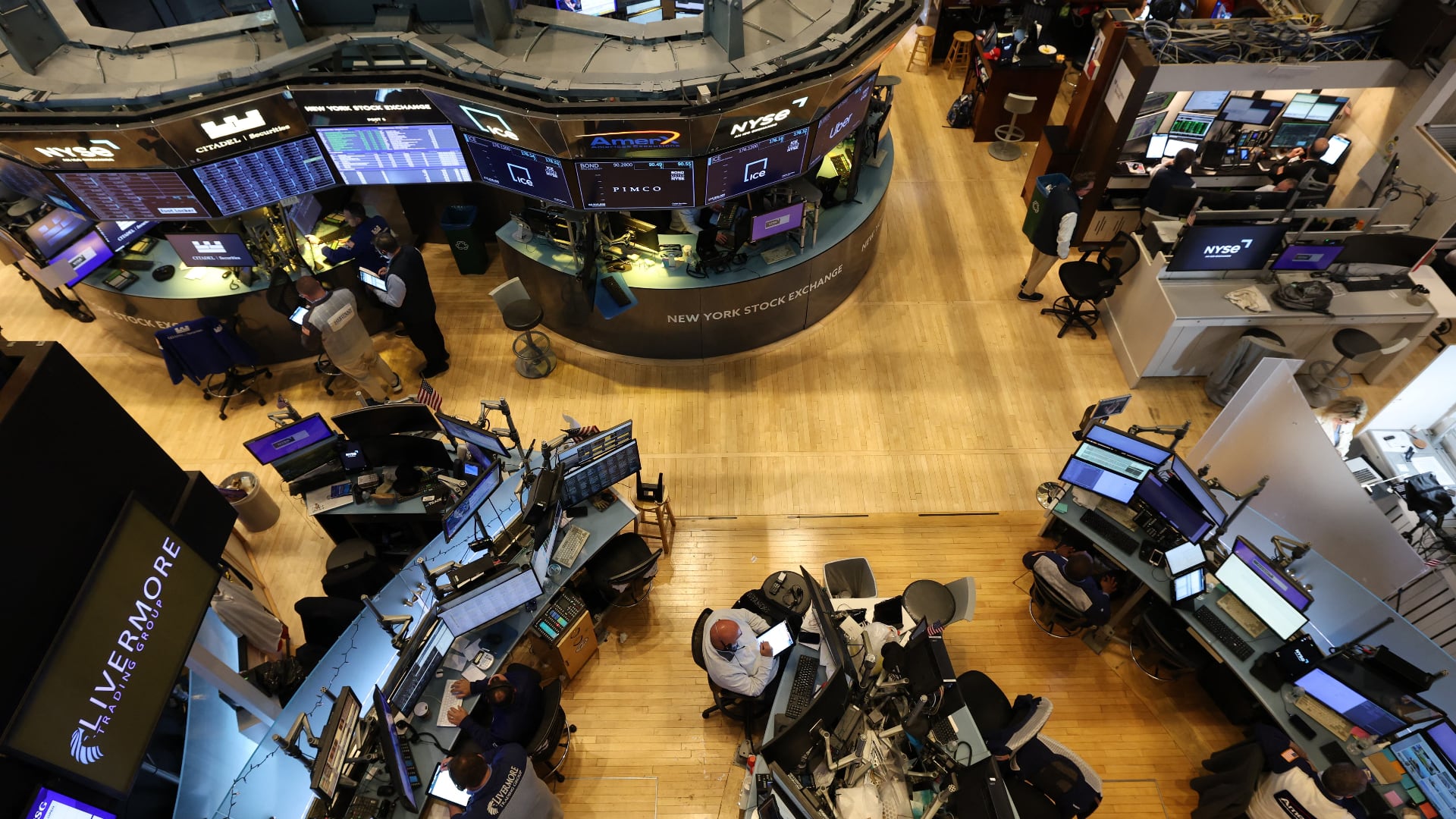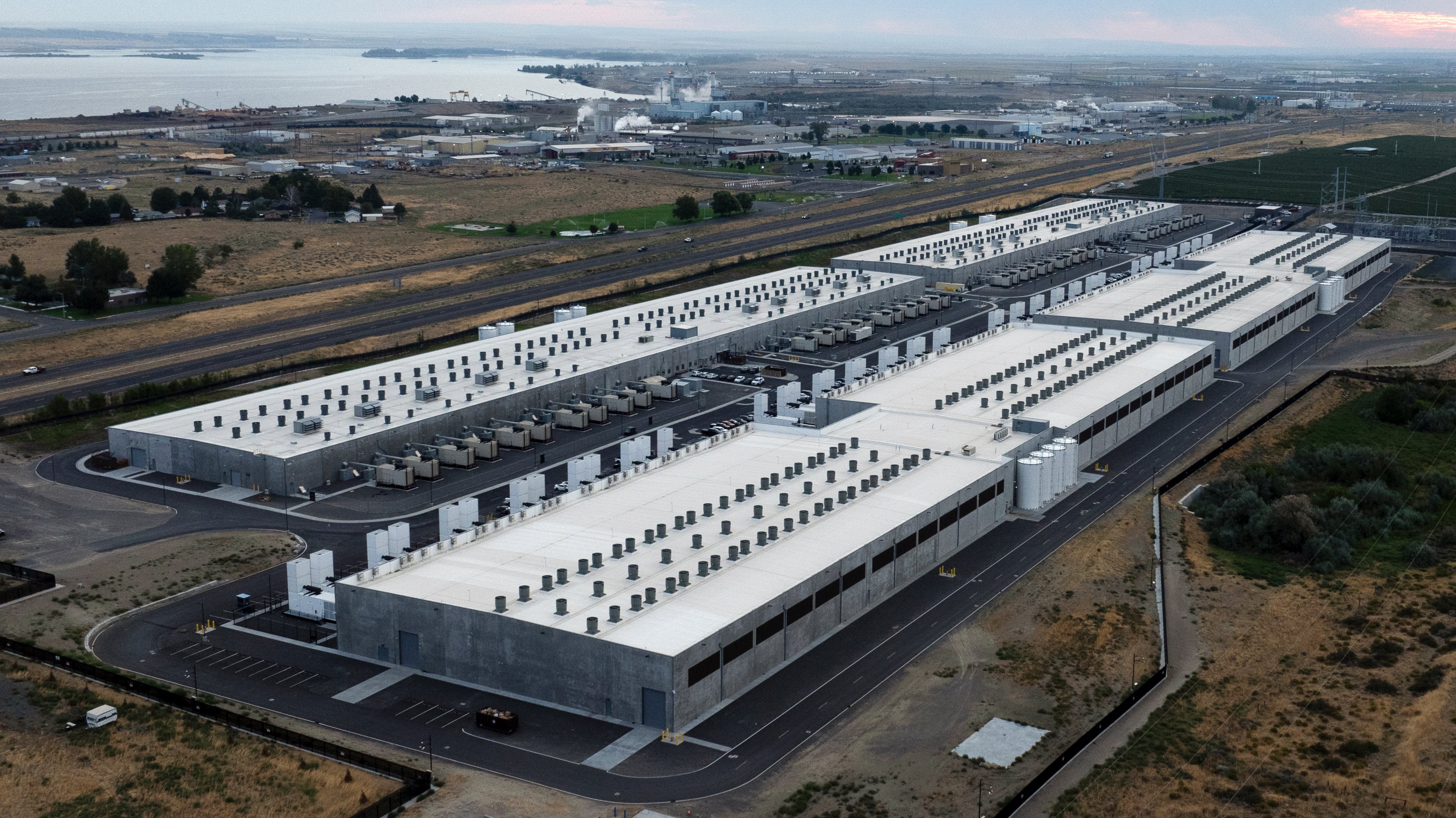Advance Auto Parts, a leading retailer of car parts, had its best quarter in a decade. Sales jumped 7.5 percent year-over-year despite the coronavirus-induced economic downturn.
"We're an essential business and it's very important for us to keep people on the road in a time like this," CEO Tom Greco told Cheddar. "We were very successful in the quarter doing that, making sure that people have what they need to repair their vehicle."
While extra unemployment benefits and stimulus checks contributed to the sales bump, Greco says broader economic trends related to the pandemic played a bigger role.
"First of all, when you have a challenging macroeconomic environment, people tend to postpone new vehicle purchases," he said.
As the existing stock of cars ages, he added, the demand for repairs and maintenance increases.
Another factor is changing transportation habits during the pandemic, such as avoiding mass transit in favor of personal vehicles due to fears of getting infected.
"People don't want to go on a subway," Greco said. "They don't want to go on a bus. Your personal vehicle is even more important at times like this."
In addition, people are using the extra time afforded by coronavirus to work on DIY or home improvement projects. This explains record sales at Home Depot and Lowe's, but it also impacts the auto part industry as consumers explore upgrades to their vehicles.
"You can't just sit in your house all day and look at a computer screen and watch Netflix," Greco said. "That's why you're seeing more people turn to things like home improvement and also car repair."
Advance Auto Parts also introduced new services at the onset of the pandemic that helped it take advantage of the changing consumer trends.
This included same-day delivery of car parts and curbside installations of simple components such as car batteries.
The company was set to market these offerings prior to the coronavirus outbreak, but it was forced to pull the commercial because it showed customers and employees interacting without masks or social distancing. Regardless, they proved beneficial in the COVID-19 era.
"That suite of services was very timely and relevant and really helped us," Greco said.


